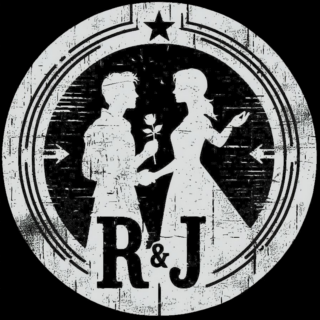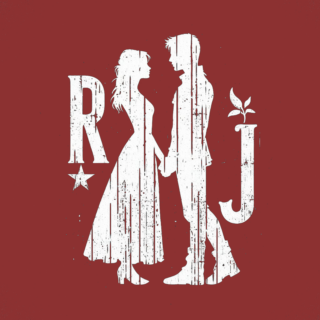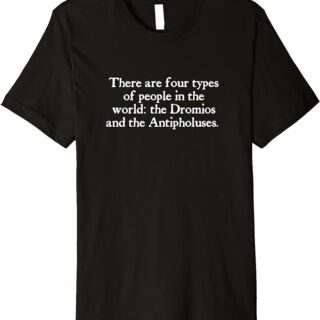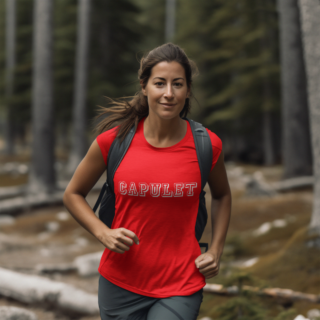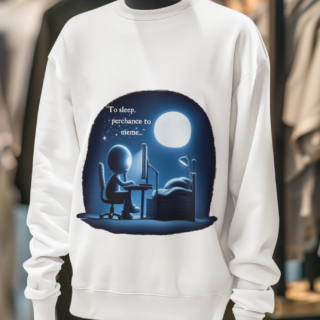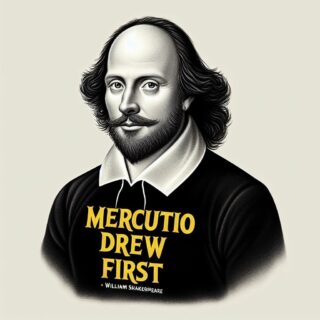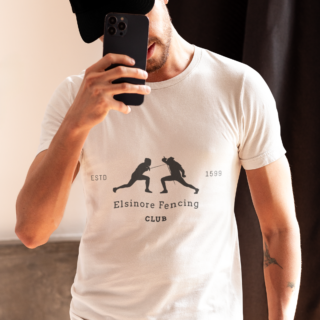Ok, crew. Maybe this is lazy but I like to think of it as research. :) I need a list of the plays that have the most positive messages about marriage. Does that make sense? They don’t have to have a wedding in them (most of the plays don’t, at least not on stage), but anything “pro-wedding” counts. For instance I’ve got Much Ado, As You Like It, Midsummer. But also The Tempest, because of Prospero’s conjuring of spirits to bless Miranda and Ferdinand. Taming of the Shrew is debatably “pro marriage”, but I’m counting it. I would not on the other hand count something like Hamlet – technically the marriage between Gertrude and Claudius is a plot point, but I wouldn’t exactly call it “pro”. You know, what with Hamlet shouting “We will have no more marriages!” and all that. Which others? I want to make sure I’m not missing any.
When I saw you I fell in love. And you smiled because you knew.
Status: Not by Shakespeare
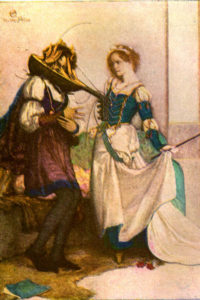
Although often attributed to Romeo and Juliet, Shakespeare aficionados the world over can assure you that neither this line nor anything like it, appears in that play. It doesn’t even sound like Shakespeare. It is by Arrigo Boito, who does at least have a Shakespeare connection in that he’s written a number of operas based on Shakespeare’s work including Othello and Falstaff.
Come ti vidi
M’innamorai,
E tu sorridi
Perchè lo sai.
Best Opening Line?
 So I saw this Entertainment Weekly article about 2o Classic Opening Lines in Books. For the curious, it stretches 20 pages for 20 lines, includes Harry Potter and does not include Orwell, Camus or Kafka. Of course there’s no Shakespeare, since it’s always up in the air whether someone counts his work among “books”.
So I saw this Entertainment Weekly article about 2o Classic Opening Lines in Books. For the curious, it stretches 20 pages for 20 lines, includes Harry Potter and does not include Orwell, Camus or Kafka. Of course there’s no Shakespeare, since it’s always up in the air whether someone counts his work among “books”.
So I thought we’d do our own. What were Shakespeare’s best opening lines? I suppose Richard III’s “Now is the winter of our discontent made glorious summer by this son of York” might be the most infamous, given how frequently it is misquoted.
I like Romeo and Juliet’s “Two households, both alike in dignity, In fair Verona, where we lay our scene, From ancient grudge break to new mutiny, Where civil blood makes civil hands unclean.” Not just because it’s one of the greatest story introductions ever, but because it contains an important clue that most modern adapters seem to forget : both alike in dignity. Everybody always wants to tell the story along racial or economic lines, putting a gigantic obstacle between the two young lovers and hitting the audience over the head with “Here’s why they can’t be together.” I don’t think by “ancient grudge” Shakespeare meant reparations for slavery. Who else has ideas?
Eight Years for Destroying History
http://www.time.com/time/arts/article/0,8599,2008117,00.html When we first speculated what Raymond Scott might get as punishment for being in possession of the stolen First Folio, I don’t think any of us guessed eight years – but that’s what he’s getting. Know what makes me sad? The title page was cut out of this one in a sad, amateurish attempt to “disguise” it. What, exactly, happened to that page? You think somebody’s got it framed in a collection someplace? Or you think the genius just crumbled it up and threw it in the trash?
Edwin Booth : Prince of Players
Last week I set my TV to start recording stuff with Shakespeare in it. I was amused to see Vincent Price’s “Theatre of Blood” come up, looking forward to that one.
But first we have Prince of Players, a 1955 movie about the Booth family. You know, as in John Wilkes Booth. The dude who shot Lincoln? We here at the site know that the Booth family were quite famous as Shakespearean actors, so the premise of this movie is fascinating. We know what eventually happens, of course. It’s like getting the back story. Why does John go down the path he does? What of his brother Edwin?
The movie is more accurately the story of Edwin, played by none other than Richard Burton who had his own bits of Shakespearean fame. We see Edwin grow up on the road with his father, Junius Brutus, memorizing lines while he was supposed to be sleeping or doing his homework. It was young Edwin who had to go drag his drunken father out of the local saloon so he could play Lear, or his famous Richard III. Flash to the Booth home life where we meet John, the apparent heir to the throne as he runs through the house doing scenes with his father while Edwin settles up the accounting books with his older sister. We soon learn, however, that Edwin is a much, much better actor than John. They can both do the lines and do them well, but it is clear to everyone that Edwin is the new king.
This movie has an amazing amount of Shakespeare in it. These days it seems like we either get a movie version of a Shakespeare play, or we get a movie based on a Shakespeare play, but nobody thinks that today’s audiences can sit through too much Shakespeare in the middle of their show. Fifty years ago, however, movie makers had more respect for their audience’s attention span (and perhaps the audience deserved it a bit more than today’s do). We get to see very large amounts of Richard Burton’s Richard III, Romeo, and Hamlet.
The actual story, though perhaps a bit melodramatic, is still excellent and entertaining. Edwin marries his Juliet, and has a child. When his wife becomes ill and can no longer attend performances, he demands that her box remain empty, which angers the theatre owners who “could sell it 50x over.”
“You have the greatest Hamlet of our generation on your stage,” Booth’s manager responds, “If he wants that box to remain empty, it remains empty.”
What of his more infamous brother John? We see him, enough. Early on it looks as if he too will have a career in the theatre, but it’s clear that the critics prefer his brother. Somehow, perhaps for purposes only of the story, this translates into John’s preference for the South over the North. I believe it was because he blamed the critics in the North, who preferred Edwin, for killing his own career. Edwin tries to rescue his brother from the bad influences he falls in with, including a generous offer to share the stage (“One night you would play Laertes to my Hamlet, the next I would be Laertes to your Hamlet. Then Iago, and Othello.”) that, 150 years later, would have Shakespeare geeks salivating over the prospect. But just like any Shakespearean tragedy we know how this ends, we know what will happen to John and that Edwin will not be able to save him.
Unfortunately, it appears that this movie is not available on DVD at the moment, so you have to keep an eye out for it in the TV Guide. I believe I found it on the FOX Movie Channel, in case you get that. Definitely recommended. Been a long time since a movie from the 50’s kept my interest like that.




